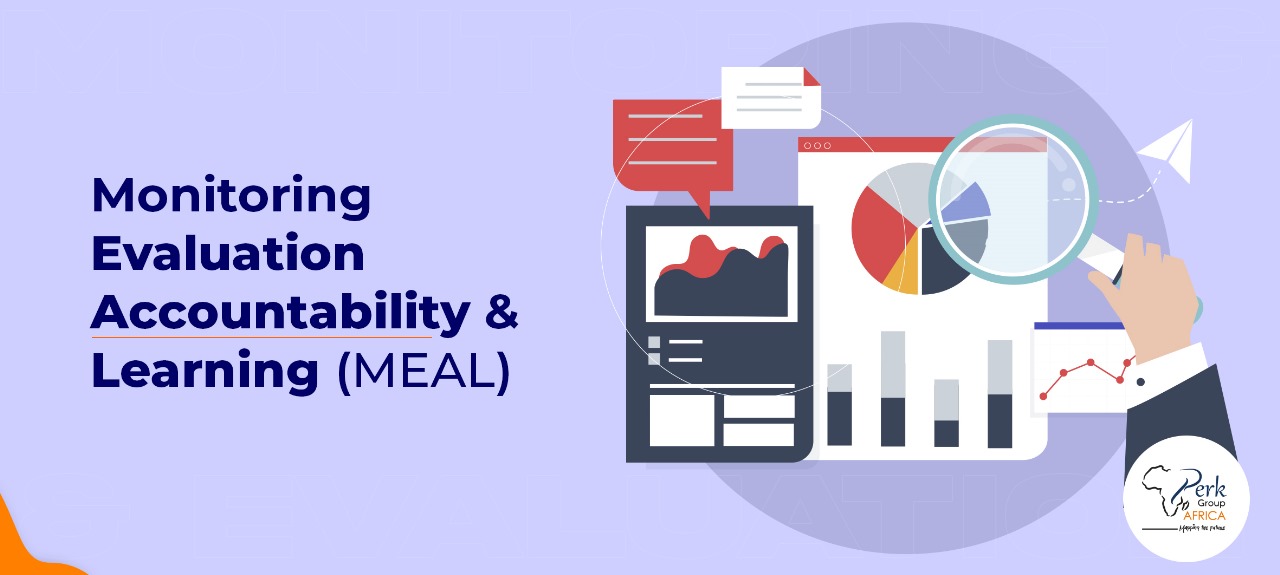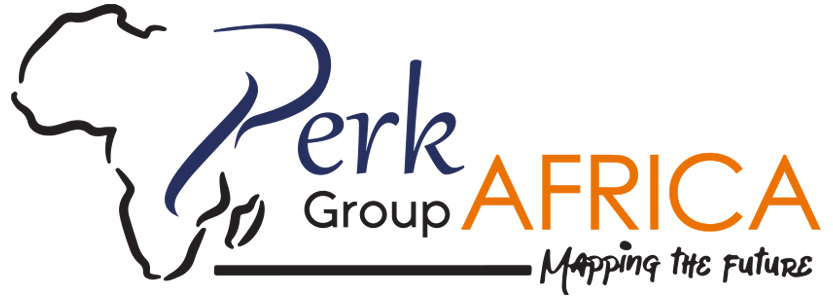
Training Course on Monitoring Evaluation Accountability and Learning
Course Overview
MEAL (Monitoring, Evaluation, Accountability, and Learning) is an essential component of project management and development initiatives, helping organizations understand the effectiveness of their interventions and make informed decisions. This course introduces participants to the essential principles and practices necessary for effective monitoring, evaluation, and learning in development projects. Through practical examples and interactive exercises, participants will learn how to design and implement robust monitoring and evaluation frameworks, collect and analyze data, and utilize findings for informed decision-making and continuous improvement. They will also gain insights into the importance of learning and knowledge management in driving project success and impact.
Course Objectives:
At the end of this training the participants will:
- Learn the fundamental concepts of Monitoring, Evaluation, Accountability, and Learning.
- Gain skills to design and implement effective MEAL strategies for better program outcomes.
- Integrate MEAL tools seamlessly into program development stages.
- Contribute to creating key MEAL components for thorough program assessment and improvement.
- Master the use of major MEAL tools for practical application in different program contexts.
- Develop problem-solving approaches for challenges encountered in the MEAL process.
- Learn systematic data collection, quality management, and data analysis for informed decision-making.
- Understand how to report project outcomes transparently and accountably using MEAL methodologies.
- Build skills for engaging with diverse stakeholders and being responsive to beneficiaries and partners.
- Foster a mindset of continuous learning and improvement based on feedback and changing contexts
Target Audience
This course is designed for Monitoring, Evaluation, Accountability, and Learning (MEAL) professionals, project and program staff, development practitioners, researchers, and decision-makers involved in the planning, implementation, monitoring, and evaluation of development interventions. It is particularly suited for staff from NGOs, civil society organizations, government institutions, donor-funded projects, and the private sector who are responsible for generating evidence, ensuring accountability to stakeholders, managing learning processes, and improving program performance and impact.
Benefits to the Organization
Organizations whose staff attend this course will benefit from:
- Stronger accountability and transparency mechanisms
- Improved program performance and evidence-based decision-making
- Enhanced data quality and reporting credibility
- Increased donor compliance and stakeholder trust
- Stronger learning systems for adaptive management
- Improved sustainability and impact of development interventions
Benefits to the Participants
Participants will gain:
- Practical, job-relevant MEAL skills
- Hands-on experience with MEAL frameworks, tools, and systems
- Improved data collection, analysis, and reporting competencies
- Enhanced confidence in accountability and learning practices
- Exposure to mobile-based and software-supported data systems
- A Certificate of Participation upon successful completion
Course Duration: 10 Days
Course Outline
Module 1: Introduction to Monitoring, Evaluation, Accountability, and Learning
- Introduction to M&E and the project/program cycle
- Definition of MEAL and its components
- Purposes and uses of M&E
- MEAL approach
- Challenges to MEAL
Module 2: Frameworks and MEAL Cycle
- Frameworks and approaches informing MEAL
- The language used in MEAL
- The MEAL cycle
- Exploring key elements of a MEAL plan
- Defining indicators
- Designing, implementation, and management of a MEAL framework
Module 3: MEAL Planning and Budgeting
- Identifying project/program goals.
- Identifying project/program indicators and targets.
- Selecting data collection methods and data sources for prioritized indicators in your MEAL plan
- Decide upon your data analysis, quality assurance/validation, and management strategy.
- Identify your strategy for reporting and disseminating data.
- Activities-based MEAL budgeting
- Components of the Budget
Module 4: Accountability and Learning
- Introduction to accountability
- Aspects of accountability.
- Importance of Accountability
- Information sharing
- Participation
- Handling Complaints
- Learning and its role
Module 5: Baseline and Evaluations Design and Management
- The purpose and use of baselines and evaluations
- Purpose and use of needs assessments, situation analysis,
- Baselines, evaluations and real-time reviews
- Importance of baseline for monitoring and evaluation
- Steps in planning and undertaking baselines and evaluations
Module 6: Survey Planning and Implementation Types of surveys
- The survey design and process
- Methods of survey sampling and determining the Sample size
- Data collection techniques and tools
- Designing survey questionnaires
- Pretesting research tools for Validity and Reliability
- Conducting the survey
- After the survey
Module 7: MEAL Data Collection: Mobile Based Data Collection (ODK)
- Introduction to mobile phone data collection
- Advantages and challenges of Mobile Applications
- Components of Open Data Kit (ODK)
- Install ODK Collect into mobile devices
- Designing and creating Forms
- ODK Aggregate Server
Module 8: Data Quality Management, Tabulation and graphical presentation of data (SPSS/Stata/R)
- Types of variables (Numerical, discrete variables, dummy variables,
- Entering categorical and continuous data
- Defining and labeling variables
- Validation and Sorting variables
- Transforming, recording and computing variable
- Descriptive Statistics
- Frequency Tables
- Tables for categorical data
- Graphs and charts
Module 9: Data analysis and interpretation and use (SPSS/Stata/R)
- Hypothesis testing
- Comparing Means.
- Regression and Correlation analysis
- Interpreting the data
- Introduction to analyzing qualitative data and qualitative data analysis software
Module 10: Project reporting through MEAL
- Use of MEAL data in Reporting
- Communication activities to partners and stakeholders
- Lessons learned
- Decisions making
Note: This outline provides a general structure for a 10-day training program on Monitoring, Evaluation, Accountability and Learning. The specific content, activities, and duration of each session may be adjusted based on the target audience, learning objectives, and available time.
Classroom Training Schedule
| Start Date | End Date | Location | Cost | Apply |
|---|---|---|---|---|
| Feb 09, 2026 | Feb 20, 2026 | Nairobi | $ 2000 | Register |
| Mar 16, 2026 | Mar 27, 2026 | Nairobi | $ 2000 | Register |
| Apr 06, 2026 | Apr 17, 2026 | Nairobi | $ 2000 | Register |
| May 25, 2026 | Jun 05, 2026 | Nairobi | $ 2000 | Register |
| Jun 29, 2026 | Jul 10, 2026 | Nairobi | $ 2000 | Register |
| Aug 03, 2026 | Aug 14, 2026 | Nairobi | $ 2000 | Register |
| Sep 07, 2026 | Sep 18, 2026 | Nairobi | $ 2000 | Register |
| Oct 12, 2026 | Oct 23, 2026 | Nairobi | $ 2000 | Register |
| Nov 16, 2026 | Nov 27, 2026 | Nairobi | $ 2000 | Register |
Virtual Training Schedule
| Start Date | End Date | Location | Cost | Apply | |||
|---|---|---|---|---|---|---|---|
| Jan 26, 2026 | Feb 06, 2026 | Online | $ 1000 | Register | |||
| Mar 02, 2026 | Mar 13, 2026 | Online | $ 1000 | Register | |||
| Apr 06, 2026 | Apr 17, 2026 | Online | $ 1000 | Register | |||
| May 11, 2026 | May 22, 2026 | Online | $ 1000 | Register | |||
| Jun 15, 2026 | Jun 26, 2026 | Online | $ 1000 | Register | |||
| Jul 20, 2026 | Jul 31, 2026 | Online | $ 1000 | Register | |||
| Aug 24, 2026 | Sep 04, 2026 | Online | $ 1000 | Register | |||
| Sep 28, 2026 | Oct 09, 2026 | Online | $ 1000 | Register | |||
| Nov 02, 2026 | Nov 13, 2026 | Online | $ 1000 | Register | |||
| Dec 07, 2026 | Dec 18, 2026 | Online | $ 1000 | Register |
Course Language
This Training course is offered in ENGLISH . Please indicate the language of choice during registration.
Course Delivery
Presentations are well guided, practical exercise, a plenary presentation, and group work. Participants are encouraged to bring any data relevant to their job responsibilities. This is hands-on, product-oriented training and will mostly involve practical exercises. Each participant MUST bring along their own working laptop and android phone.
Certification
Upon completion of training, the participant will be issued with a certificate of Completion.
Tailor-Made Course
3 months post-training support, consultation, and coaching is a guarantee from us and will be available after the course.We can also do this as a tailor-made course to meet organization-wide needs. Contact us to find out more: training@perk-gafrica.com.
